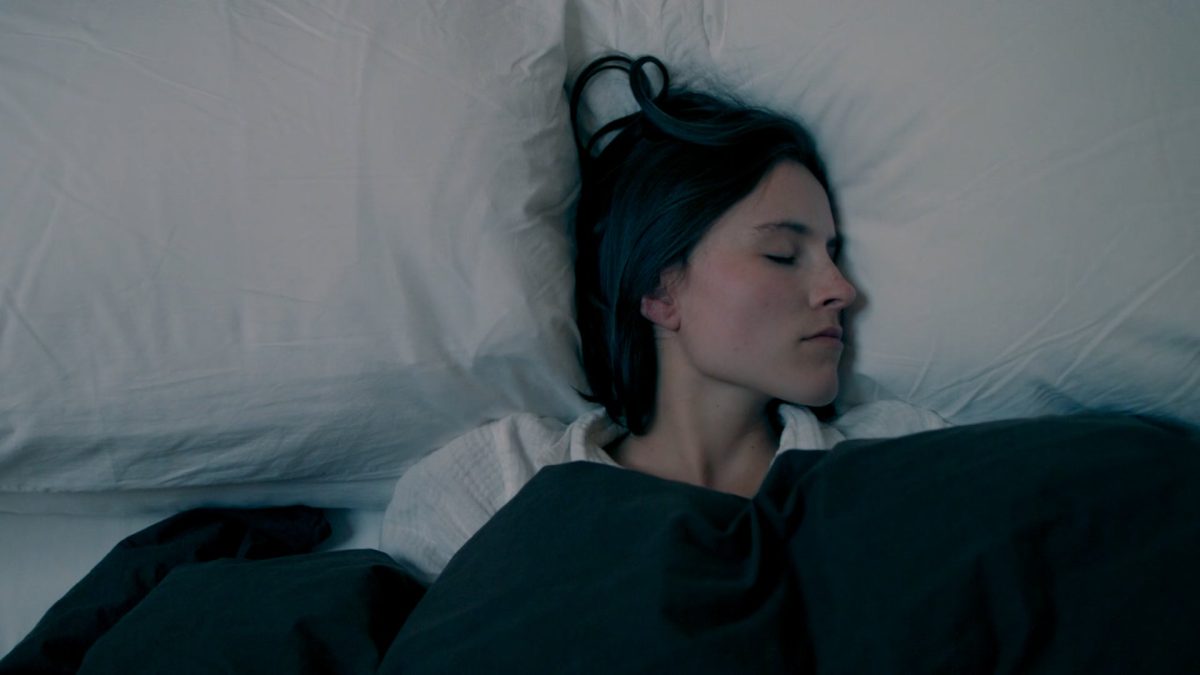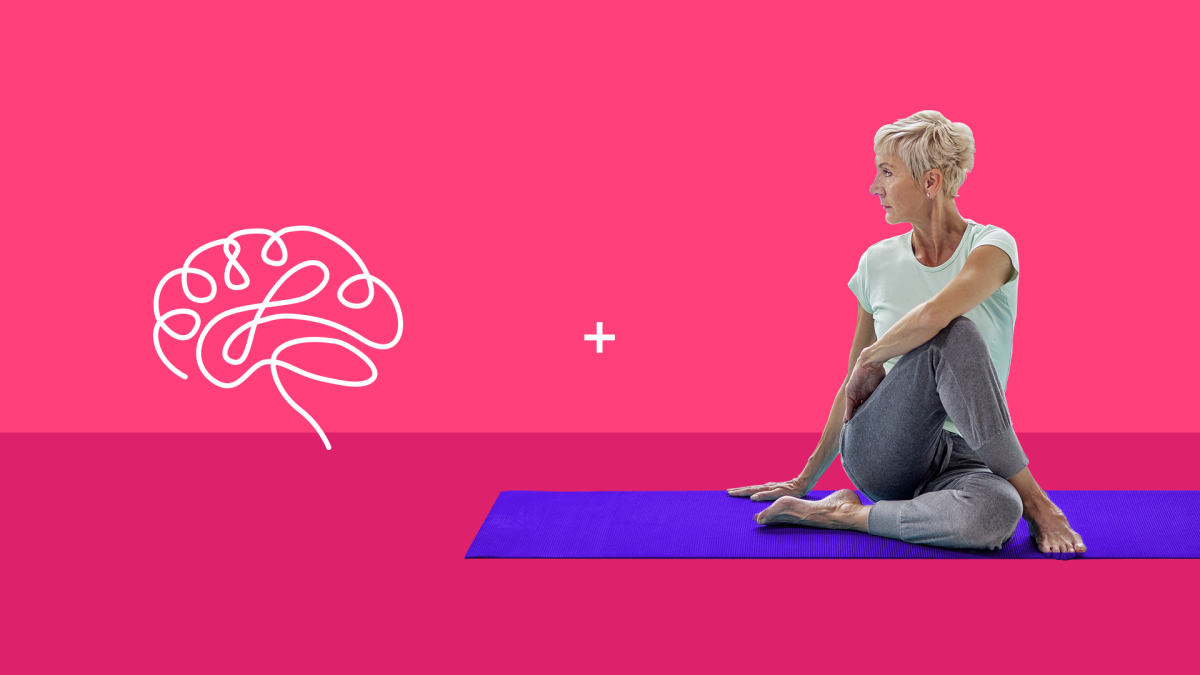- Star position (on your back, arms and legs relaxed).
To take this position, lie on your back and spread your arms and legs out to the sides, forming a star shape. Your body should be as relaxed as possible, without any unnecessary tension. The arms and legs can be slightly moved away from the body to create a comfortable, natural position for the spine. Thanks to this position, your back muscles are not compressed, and your spine gets the support it needs. Since no part of your body is being squeezed, your brain receives the signal to rest and recover, promoting deep and restorative sleep. After such a night, you will wake up feeling refreshed, alert, and ready for new achievements, as the proper alignment of the spine enhances nervous system function and improves overall body tone.
Continue reading “4 sleep positions that will help you wake up energized and be more productive”











